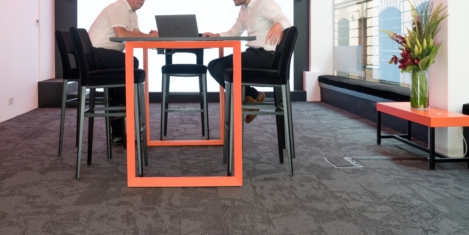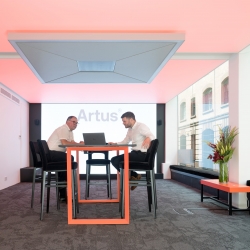June 9, 2022
Work-life balance more important than pay for two thirds of people
 Rising inflation and the UK’s cost-of-living crisis have put a lot of pressure on employers to increase wages and starting salaries this year, but a new survey suggests that there’s something that employees value more than pay – work-life balance. HR and payroll software provider CIPHR polled over 1,000 UK workers to find out which job aspects matter most to them. Based on the results, over two-thirds (70 percent of women and 65 percent of men) see work-life balance – albeit a term that can mean different things to different people – as being more important than their pay and employee benefits combined (selected by 60 percent of women and 57 percent of men). More →
Rising inflation and the UK’s cost-of-living crisis have put a lot of pressure on employers to increase wages and starting salaries this year, but a new survey suggests that there’s something that employees value more than pay – work-life balance. HR and payroll software provider CIPHR polled over 1,000 UK workers to find out which job aspects matter most to them. Based on the results, over two-thirds (70 percent of women and 65 percent of men) see work-life balance – albeit a term that can mean different things to different people – as being more important than their pay and employee benefits combined (selected by 60 percent of women and 57 percent of men). More →




































June 1, 2022
Not busy-ness as usual: how boredom may be one of the keys to creativity
by Mark Eltringham • Comment, Technology